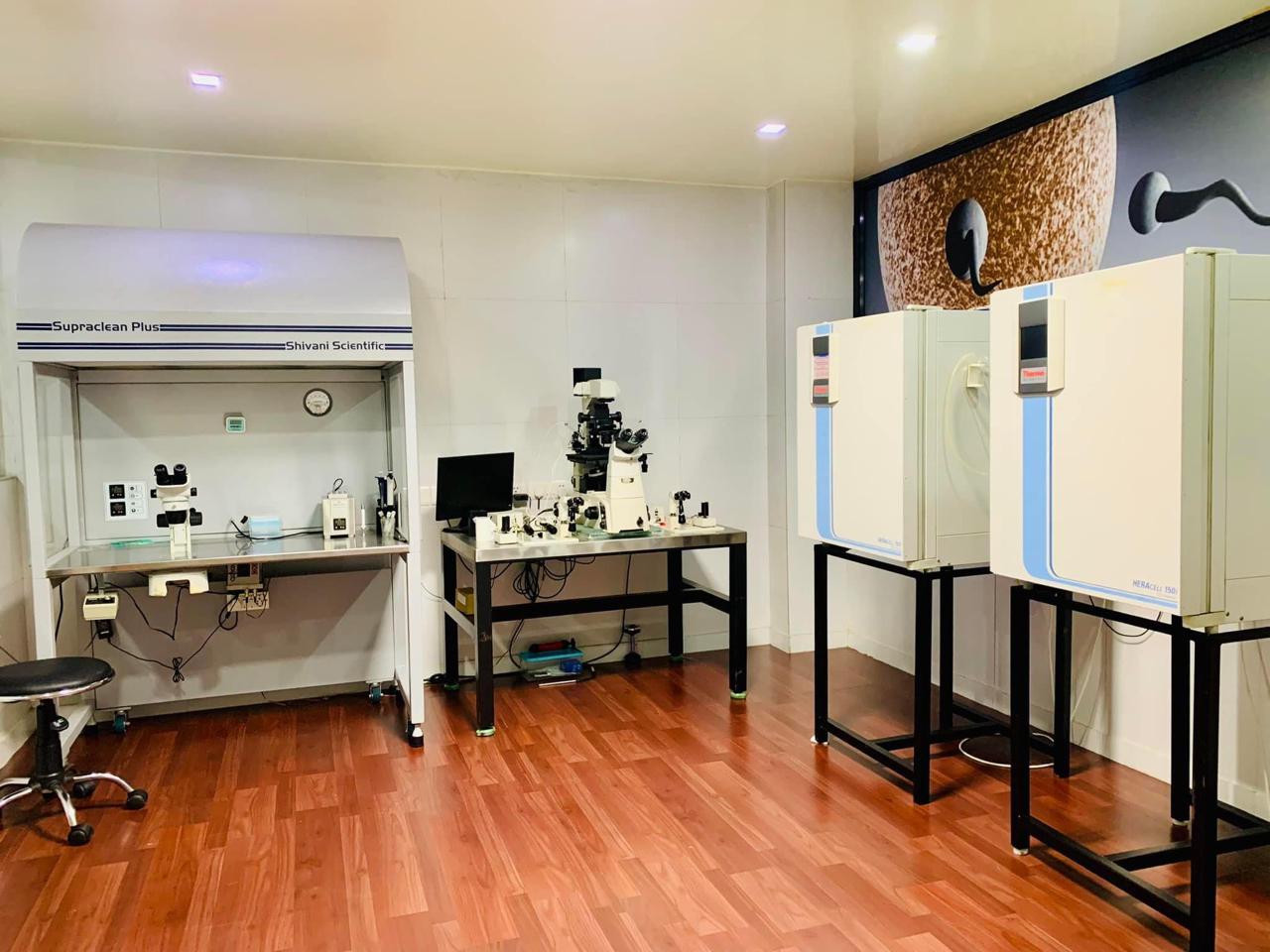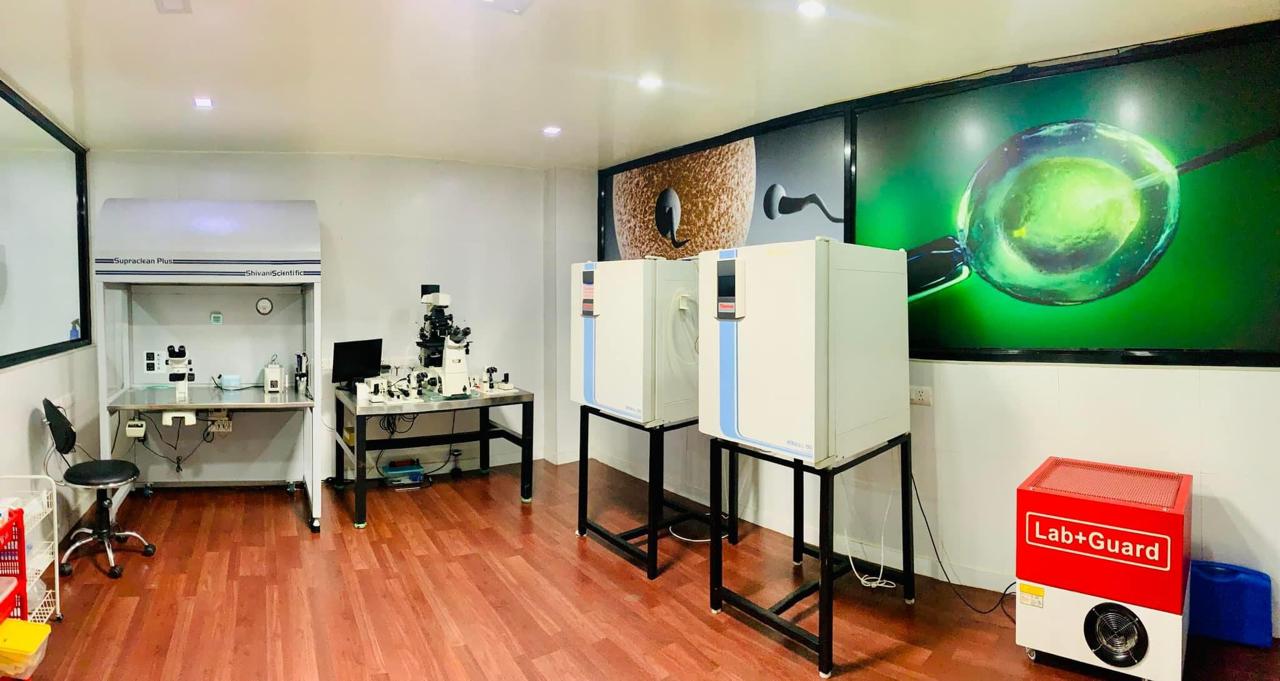Pap Smear
One essential screening tool for the early detection of cervical cancer is the Pap smear. This test finds aberrant cervical cells before they become cancerous. Healthcare professionals commonly perform HPV testing to look for HPV, the main cause of cervical cancer, during Pap tests. A confusing or abnormal Pap smear result could point to malignancy, another problem, or an infection.
What is a Pap smear test?
A Pap smear, also known as a Pap test, is used to screen for cervical cancer. This procedure checks for abnormal cells in the cervix that might be cancerous or have the potential to turn into cancer.
During the test, a healthcare provider collects cells from the cervix to examine under a microscope for signs of cancer. Additionally, a Pap smear can detect certain infections and inflammation. The test is named after Dr. George Papanicolaou, an American physician who developed it.

What is the cervix?
The cervix is the lower part of the uterus that connects to the vaginal canal. Sperm travels through the vaginal canal and cervix to reach the uterus and fertilize eggs. During pregnancy, the cervix closes to keep the fetus in the uterus and opens during childbirth. When not pregnant, the cervix produces mucus to prevent infection-causing bacteria from entering the body.

What can a Pap smear detect?
Healthcare providers conduct Pap smears as part of a pelvic exam to check for:
- Cervical cancer.
- Cells in the cervix that might become cancerous (cervical intraepithelial neoplasia).
- Human papillomavirus (HPV), a prevalent sexually transmitted infection that raises the risk of cervical cancer.
Does a Pap smear detect STIs?
A Pap smear does not detect STIs. To test for infections like chlamydia or gonorrhea, your healthcare provider takes a separate swab from your cervix. Blood tests can also be used to identify certain STIs.
Who needs a Pap smear?
Women and individuals assigned female at birth should begin getting Pap smears at age 21 and HPV tests at age 30.
How often do you need a Pap smear?
The frequency of Pap smears depends on various factors, including age, health history, and previous test results. Most individuals do not need Pap smears after age 65.
Certain conditions may require more frequent screenings or continued screenings after age 65, including:
- Having HIV or being immunocompromised due to another condition or treatment like chemotherapy.
- Exposure to diethylstilbestrol (DES) in utero, which increases the risk of cervical cancer.
- Having been treated for cervical cancer.
- If you’ve had a total hysterectomy (removal of cervix and uterus) without a history of cervical cancer, you may not need further Pap tests

Do I need a Pap smear if I've had a hysterectomy?
A total hysterectomy involves the surgical removal of your uterus and cervix. Even after this procedure, you might still be at risk for cervical cancer, so it’s important to discuss with your healthcare provider whether you should continue regular Pap tests. If your hysterectomy was performed to address a noncancerous condition, such as uterine fibroids, you likely won’t need further Pap smears.
Test Details
How should I prepare for a Pap smear?
Certain activities before a Pap smear can influence the test results.
To ensure the most accurate results:
- Avoid vaginal intercourse for two days before the exam.
- Refrain from using tampons, vaginal creams or medications, birth control foams or jellies, lubricants, or douches for at least two days prior to the test.
- Schedule your appointment at least five days after your menstrual period ends.
How is a Pap smear done?
During the procedure, your healthcare provider will:
- Insert a speculum into your vagina. You might feel some pressure from this metal or plastic device, which keeps the vaginal walls open for a clear view of the cervix.
- Use a small brush or spatula to gently collect cells from your cervix (a biopsy).
- The procedure isn’t painful, though it might cause some discomfort.
How long does a Pap smear take?
The Pap smear itself only takes a few minutes and is done in your healthcare provider’s office..
What Happens During the ANC Profile Test?
Gynecologists can assess a mother's general health. It also identify probable issues that could impact the growing baby with the help of the ANC profile test report. The patient's collected urine and blood samples are subjected to a variety of laboratory analyses. Certain tests are conducted under a microscope. And others need to be analyzed using specialist equipment.
Stress and relationship
Stress could lead to a hormonal imbalance so you should maintain a stress-free environment and talk to your partner.
Uses of the ANC Profile Test
Finding any medical illnesses or problems in the expectant mother that might affect the proper growth and development of her unborn child is the primary goal of the ANC profile test. By identifying underlying medical issues, this test enables medical professionals to prescribe the right medications and therapies.
Results and Follow-Up
When should I get my test results?
It may take up to three weeks for your healthcare provider to receive the lab results. Your provider will inform you about the timing for your next Pap smear or if further testing is needed.
What do Pap smear results mean?
When you receive your results, they can be:
Normal: No signs of disease. Everything appears as expected.
Unclear: The lab couldn’t determine if the cells are normal or abnormal. Your healthcare provider might ask you to return immediately or in six months for another Pap smear.
Abnormal: The cells appear unusual.
Does an abnormal Pap smear result mean that I have cervical cancer?
An abnormal result indicates that some cells in your cervix look atypical. This could suggest precancerous changes. However, an abnormal Pap smear doesn’t necessarily mean you have cancer. It does require careful follow-up with your healthcare provider.
What follow-up tests might I need after an abnormal Pap smear result?
If you have an abnormal Pap smear result, your healthcare provider may perform a colposcopy or another Pap smear either immediately or after a few months.
Pap smears screen for cancer but do not diagnose it. To gather more information, your provider may do a colposcopy. During this procedure, your provider:
- Use a colposcope (a microscope device) to examine the lining of your cervix and vagina.
- Takes tissue samples from areas that appear abnormal.
- Sends the samples to a lab for further testing.
Pap smears are a crucial screening tool that helps identify abnormal cervical cells before they can become cancerous. Over 95% of individuals treated for precancerous cells do not develop cervical cancer.
During a Pap smear, your healthcare provider might also collect cells to test for HPV, an STI that increases the risk of cervical cancer. An unclear or abnormal Pap test result doesn’t mean you have cancer. Your provider will discuss the findings and the next steps with you.

Can a Pap smear detect ovarian cysts?
No, a Pap test doesn’t detect ovarian cysts. However, a pelvic exam can reveal the presence of a large ovarian cyst. During a pelvic exam, your healthcare provider palpates your uterus and pelvis to check for lumps or masses. If a cyst is found, they will likely order additional tests and discuss treatment options with you.
Do you need a Pap smear if you're not sexually active?
Not all cervical cancers are linked to sexual activity. Even if you are not sexually active, you should still get a Pap smear if you’re over the age of 21.
At Venus IVF, we offer expert fertility treatments for men and women, helping you achieve your dream family.
Contact Info
- +977 976-1682874
- +977 976-1682874
- info@venusivf.com
- Venus Hospital, Second floor- IVF department Mid baneshwor Kathmandu, Nepal
- 12-5 PM : Sunday to Friday (except Saturday)
